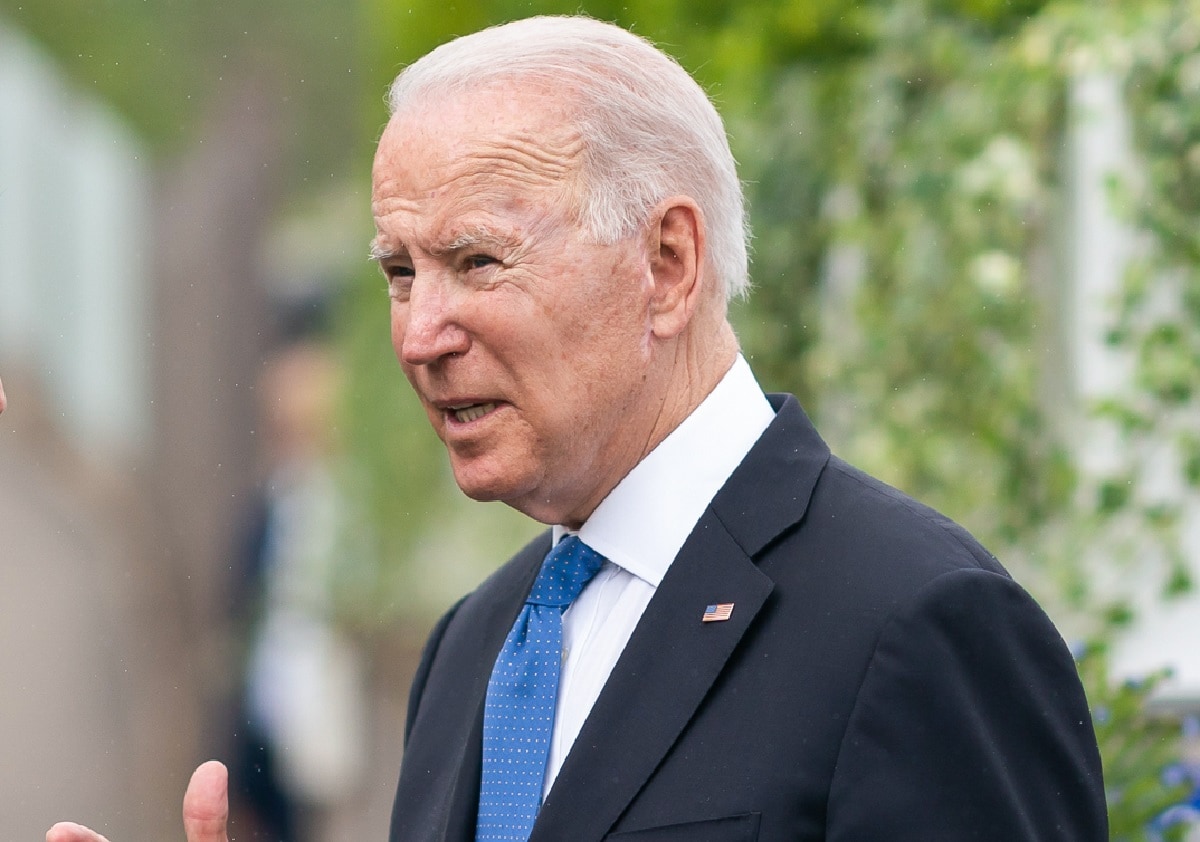As the world continues to grapple with the American withdrawal from Afghanistan, U.S. national security practitioners have once again returned to the question of what objectives will guide the United States in the years to come. While it is obvious that the landscape of the world has shifted dramatically in the past two decades since 9/11, what is more concerning is a change at home. Lost in the discussions of strategy and planning is the driving motivator behind the actions of the United States: its citizens. Here, the divide between perception and practice is greatest and must be addressed if the United States is to ensure its position globally and provide for the common defense.
The United States prides itself on its democracy. This democracy is meant to allow for self-governance and determination of progress through collective action. It also means that foreign policy, which benefits from stability of focus and idea, is often in flux with each new election. In the past, this instability was not as pronounced, as both major parties held similar beliefs on foreign policy. This unity, however, has broken down considerably since the turn of the century, and the interventions undertaken in response to it have only exacerbated a latent divide in the country. At its core lies differing opinions of how the United States ought to view itself, which have also come to the surface in domestic debates and confrontation. While much deeper and more diverse than a binomial system may demonstrate, there are two major schools of thought, each leading to radically different conclusions: American nationalism and American universalism.
The former of these rests on the core assumption that the United States is a nation unto itself, with interests, values, and culture unique from the rest of the world. When taken to a negative extreme, this can lead to a jingoistic, racist narrative of white nationalism; more commonly, this simply leads to the idea that, grounded in the Revolution and strengthened through many generations of immigration, there has emerged a new nation, which like any other has a right to its own interests and perspectives. In some senses, if it wanted a motto it need only look to the motto of the United States itself: E Pluribus Unum. This unitary idea of America, with particular boundaries and belief, tends to lead those who support it toward foreign policy focused more on discreet objectives and tangible security, rather than on ideals and ideologies.
Contrasted with this national view is a more universal one. Adherents of this view, citing demographic changes and historical date, hold that the United States is moving in the direction of a more plural nation, and should recognize that it always has been one. There is an emphasis on making the United States reflect a set of ideals, ideals which are embodied in organizations and treaties rather than the interests of any particular nation. These ideals are rooted in the liberalism that founded the United States but has also evolved and changed in the following centuries. Such a belief necessitates a reevaluation of what it means to have the United States lead on the global stage, and opens the door for a great alteration in the status quo in the name of more fully living up to who the United States is. This view also tends to lead towards a more ideological solution, which rests on newer forms of action rather than more traditional methods.
These two ideas of America have points of intersection and overlap, but the conclusions drawn could not be more distinct. A view of America as a nation whose interests should take precedence over even that of its allies is not in line with one which feels the United States ought to alter its actions to meet international compliance. The way forward from a national security perspective is clear. The idea of a nation, or more properly a state, is the core of how modern foreign relations continues to work. Even with the growth of international organizations, such as the UN or the Human Rights Council, direct state communication continues to be the guiding principle for the functioning of policy. Despite this, what may seem clear to some is not necessarily the way things will proceed. The current conflict over the idea of the United States is guaranteed to alter what may otherwise seem like a simple path. For all the expertise that may be held by the civil servants and military leaders of our nation, the electorate and their representatives are the final say and the guiding voice. It is important that in order to ensure stability abroad, national security officials keep a clear knowledge of the disunity at home, and prepare to advance the interests of the United States.
Daniel Durgavich is a graduate of the University of Virginia, where he studied foreign affairs and policy. In the past, he has worked on projects centered on nuclear futures and the development of the United States Space Force. He has also studied strategy in Europe and the Arctic, with a focus on the next decades of United States engagement.

